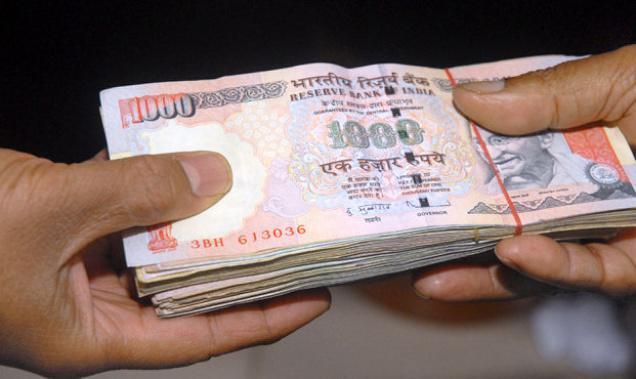Search
Major Bank Charges and Their Significance
April 10, 2017

Banks do not have only the interest rates as their source of revenue, plenty of services offered are charged as well. The most common and major ones are as follows:
Transactions in Cash
Banks do not allow unlimited cash transactions from the account, they charge for the transactions that are beyond a certain number. For e.g. SBI charges Rs. 50 for any transaction after the first three (every month).
Non-Maintenance Charges
These charges incur when the minimum balance is lower that the limit defined by the bank. For e.g. HDFC has minimum balance limit of Rs. 10,000, and if this falls to or below 2.500, the bank charges Rs. 600 for this.
Home vs. Non Home Branch
With digital transactions in place, the concept of home and non-home branch has almost been lifted, but some branches still prefer this distinction over core banking. Transactions larger that a certain amount are discouraged/not allowed on non-home branches. For e.g. HDFC charges between Rs. 5 and Rs. 1000 for any transaction above Rs. 2 lakh in home branches. however this amount gets reduced to as low as Rs. 25,000 for non-home branches.
ATM and Charges
ATM cash transactions are chargeable after a certain number. This rule has been imposed by RBI and not by individual banks, and hence is same across banks. As per RBI, first 5 transactions from own bank’s ATM and first 3 transactions from other bank’s ATM are free. Post this, every financial transaction costs Rs. 20 and every non-financial transaction is charged Rs. 9.55.
Payment across Nations
International transactions through credit or debit card are charged around 3-4 percent extra on the exchange rate, and hence increasing the price payable immediately.
These are just the most common charges that banks make, there are plenty more that should be known about.



